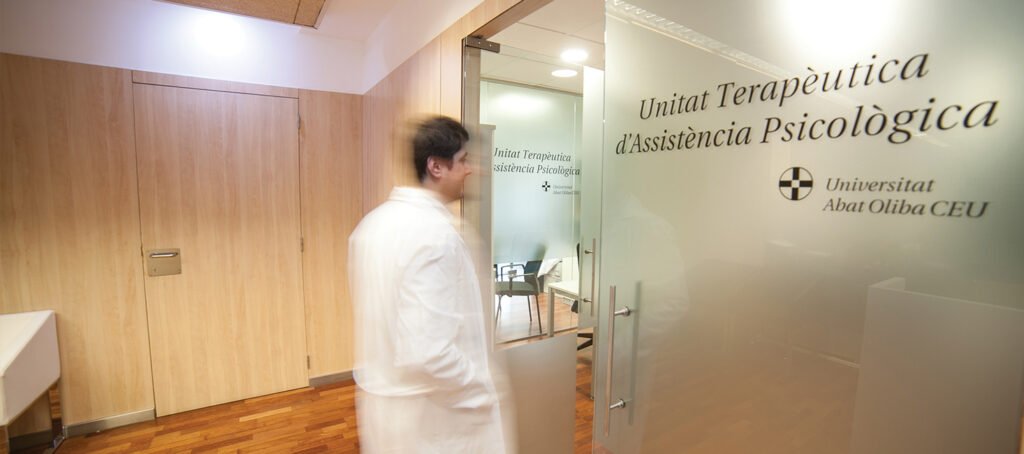When you think about students, you might imagine that they have a lot of free time, sleeping in and have fun parties without a care in the world. However, that’s not always the case. In reality, many students face tough Mental Health challenges. And our society don´t know sometimes how to deal with it?
False Perceptions:
During this stage of life, students must manage their personal lives in addition to adjusting to the daily physical demands of university life, which include frequent exams, attendance requirements, and expanding curricula. They can positively impact their future personal and professional lives by effectively handling these demands. But it can also result in extreme stress, which can show up as severe mental tiredness or even mental illness.
For instance, Studies in Germany show that one out of every five students deal with mental health issues like worrying about the future, struggling with money, and feeling pressure to do well at school while also working part-time jobs. It’s tough out there for many students but sadly, not many of them use the support services available or only spend one hour or less per week on their own with their mental improvements. At least, that’s what the results of another survey from the Mental Health Barometer 2023, an initiative by Instahelp, a platform for online psychological counseling, and Studo, a student app indicates.
Personal Stories:

To have a better understanding, I had direct conversations with students to learn about their experiences with mental health issues while attending university in light of these findings. Their descriptions did not come as a surprise.
The majority of students I spoke with shared their difficulties with managing their mental health while they were in university. Of course, everyone sad that they once or more struggled with stress or anxiety during university. And the time was more or less the same. Most of the students were saying that before and during the exam period is particularly challenging.
One student for example describes her issues with “You have to try to pass everything because no one wants to retake exams and still have to achieve good grades. But even during the semester, there is stress. You have to try to balance lectures, seminars, work, family, friends, and leisure time. That’s what I call work-life balance. You must try to be well-prepared for events, but at the same time, you have to work because otherwise, you have no money”.
I also asked these young adults how they recognize signs of stress and when they realize it’s time to make a change:
Disparity in Reality:
So now that there is a big need of psychological support and an offer of support in the University, why does it reveals a disparity in reality? Why is there still one out of three students who don’t use support?
During my interviews, I learned about different points of view. Some students acknowledged that they had no idea what kind of support was available:
“I haven’t heard much about it yet.”
“I didn’t know such services existed.”

Conversely, others expressed skepticism or dissatisfaction with the services offered:
“Additionally, in my understanding, when provided by the university, they are usually conducted by university staff who tell you that it’s not all that bad and have no connection to the actual problem. I would prefer to go to properly trained individuals who are trained to explain tools for dealing with stress and understand how much pressure the university is”.
“It wasn’t really helpful.“
„I would rather go to an actual therapist and talk through everything not just Uni related.“
Furthermore, one student mentioned that she’s lucky to have enough people around her who support or help her.
Moving Forward:
These insights suggest that many individuals may prefer self-help methods over accessing available support services.
This emphasizes how critical it is to raise awareness of and improve accessibility to support resources. It is necessary that we step up our efforts to educate people about these services at the University because they can be of great assistance. Effectively addressing mental health needs can be challenging for individuals who lack awareness of or are unable to access support services.
Help:

So if you’re struggling with mental health issues or any other challenges, support is available on campus of Abat Oliba. You can just following the link and then your are at the website of the Psychological Therapeutic Care Unit, a health centre of Abat Oliba CEU University. Which offers assessment and treatment for various disorders and difficulties to students. Because as one student mentioned:
“when there is the opportunity to go to a therapist in the university try it. Because its better then nothing and for a normal therapist you need to wait to long”.
Additionally, here’s an article from another student featuring tips from the psychologist Peter Stimpfle on combating mental illness, offering valuable insights and resources for those in need.
